The Impact of Sustainable Practices on Commercial Development Success
Importance of sustainable practices in commercial development
Sustainable practices in commercial development are crucial for long-term success. These practices focus on reducing environmental impact, conserving resources, and promoting social responsibility. Incorporating sustainability into commercial projects not only benefits the environment but also enhances your business's reputation and profitability. By implementing sustainable practices, you can attract environmentally-conscious customers, reduce operational costs, comply with regulations more easily, and contribute positively to your community and society at large.
Benefits of integrating sustainability in commercial projects
Sustainability in commercial projects brings numerous benefits. Here are some key advantages:
Cost savings in the long run as energy-efficient systems reduce utility expenses.
Enhanced reputation by showing commitment to environmental responsibility.
Improved tenant attraction and retention as more people seek eco-friendly spaces.
Compliance with regulations that are increasingly emphasizing sustainability.
Increased property value as sustainable buildings are in high demand.
Healthier indoor environment for occupants due to better air quality and natural light.
Successful case studies of sustainable commercial developments
Several case studies have shown that implementing sustainable practices in commercial developments can lead to significant success. Successful examples include the Bullitt Center in Seattle, which produces more energy than it consumes, and the Edge in Amsterdam, a smart building with innovative energy-saving features. These projects demonstrate that sustainable approaches not only benefit the environment but also contribute to the overall success of commercial developments.
Key principles of sustainable practices in commercial development
Sustainable practices in commercial development focus on balancing environmental impact with economic growth. By incorporating energy efficiency, waste reduction, and resource conservation, businesses can lower operational costs and appeal to environmentally conscious consumers. Implementing green building materials and utilizing renewable energy sources are essential steps towards creating a sustainable commercial space. Local sourcing, waste management, and community engagement are also key principles that contribute to the success of sustainable commercial developments.
Cost implications of sustainable practices
Incorporating sustainable practices in commercial development may initially cost more, but in the long run, it can lead to savings through reduced energy consumption and waste management. Sustainable materials and technologies might have a higher upfront cost, but they often pay off over time with lower utility bills and maintenance expenses. Investing in sustainable practices not only benefits the environment but can also enhance the property value by appealing to environmentally conscious tenants and buyers.
Stakeholder engagement in sustainable commercial projects
Stakeholder engagement in sustainable projects is crucial for their success. Keeping stakeholders involved from start to finish helps ensure that the project aligns with their values and needs. This engagement leads to transparency and trust, which are vital for the long-term success of sustainable commercial developments. Regular communication with stakeholders allows for feedback, suggestions, and collaboration, resulting in better decision-making and a project that meets the expectations of all involved parties.
Environmental impact assessment in commercial development
Environmental impact assessments are crucial in commercial development to evaluate potential effects on the environment. These assessments help businesses understand the consequences of their actions on nature. Companies conduct environmental impact assessments to identify possible ecological risks and find ways to mitigate them. Such evaluations promote sustainable practices in commercial development, which are essential for long-term success.
Compliance with green building standards and certifications
To ensure commercial development success, it's essential to comply with green building standards and certifications. Green building standards set guidelines for constructing environmentally friendly and energy-efficient buildings, reducing their impact on the environment. Achieving green building certifications demonstrates a commitment to sustainability and can enhance a property's value. Some well-known certifications include LEED and BREEAM. Complying with these standards not only benefits the environment but also attracts eco-conscious tenants and investors who prioritize sustainability.
Strategies for implementing sustainable practices effectively
Sustainable practices in commercial development can set your business apart. To implement these practices effectively, consider the following strategies:
Start with a clear plan: Define your sustainability goals and ensure everyone in the organization understands them.
Engage stakeholders: Get input from employees, customers, and the community to ensure buy-in and support for your sustainable initiatives.
Invest in technology: Utilize energy-efficient systems, renewable energy sources, and waste reduction technologies to minimize environmental impact.
Educate and train: Provide training to employees on sustainability practices and encourage them to implement these in their daily tasks.
Measure and report: Regularly track and report on your sustainability progress to demonstrate commitment and transparency to stakeholders.
Implementing these strategies can help your business thrive in the long run while positively impacting the environment.
Future trends in sustainable commercial development
Sustainable commercial development is on the rise, with future trends leaning towards even more environmentally friendly practices. Green buildings, renewable energy sources, and eco-friendly materials are becoming increasingly popular. Investors are recognizing the value of sustainable practices, not only in terms of environmental impact but also in attracting customers and tenants who prioritize sustainability. Staying ahead of these trends and adopting sustainable strategies can give commercial developments a competitive edge in the market.
